Podcast: Play in new window | Download | Embed
Birthed from the same circumstances that gave rise to the U.K. Punk scene, The New Wave of British Heavy Metal took the sound of what was called “degenerate trash” by the press and transformed it into a worldwide phenomenon. #heavymetal #metal #UKmetal #NWOBHM
NOTE: There are no ballads in this program. Repeat, no ballads.
Speed metal. Power metal. Dark metal. Thrash metal. Sub-genres of what was once a heavy and loud blues-based rock increased it’s speed and attack with a laser-sharp focus and intensity during the last years of the 1970’s and the early 1980’s in the U.K. during the rock evolution called the New Wave of British Heavy Metal, also called NWOBHM (“new-wobb-hum”).
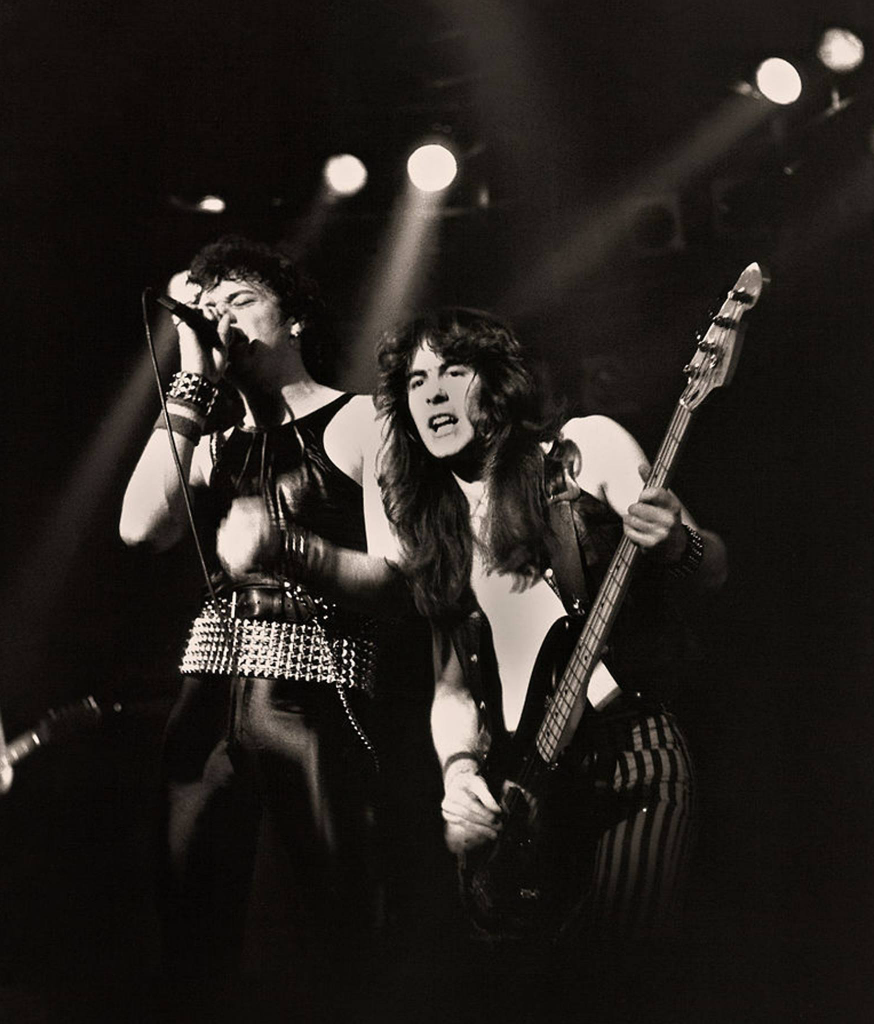
In 1977, Punk Rock had taken a stranglehold on the U.K. music scene, giving it a much needed shot in the arm. It wasn’t if Metal bands had disappeared. However, by the time of the rise of Punk, many classic metal bands, like Black Sabbath, were a shell of what they once were. Interestingly, the same forces that shaped the birth of the punk scene, such as high unemployment, a recession and unions strikes also birthed NWOBHM.

NWOBHM, long brewing in the underground scene as a reaction to Punk and Disco music, also took seed simultaneously during the rise of these genres. The music press loved Punk bands, but not Metal music, and were incredibly hostile to the latter’s fan base. Hip music magazines derided the Metal genre, without realizing that the most exciting new loud music was right under their noses and would have an even bigger impact on the industry than the old guard would realize.
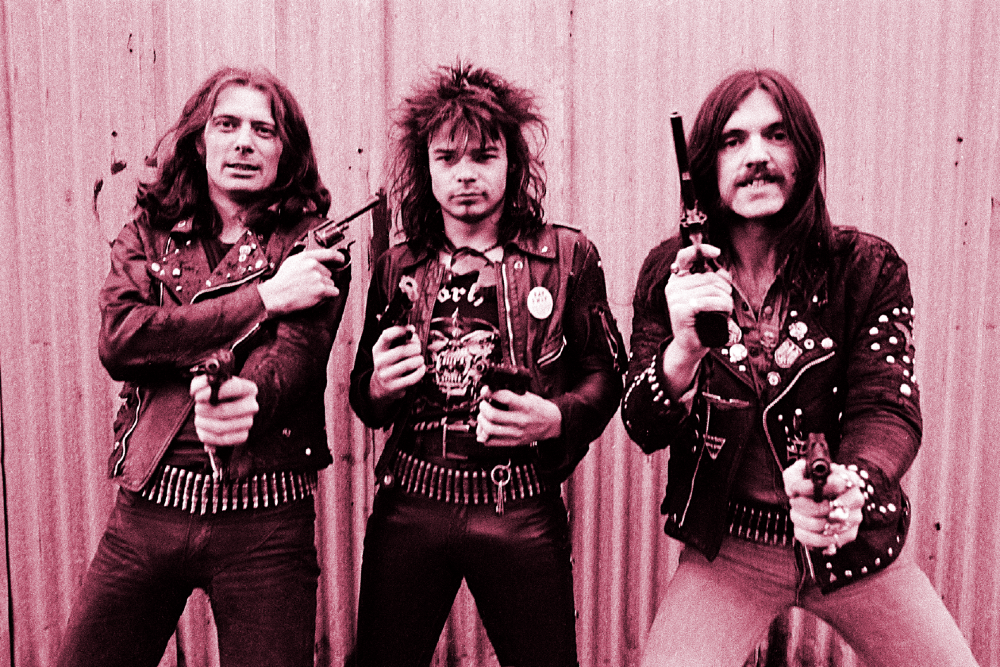
However, by 1979, Punk Rock had all but lost steam and was considered anathema by the mainstream music press, who had then moved onto New Wave and electronic acts of the period. What was just a couple of years prior a direct reaction to the social and economic ills of the country had crashed with a resounding thud. Labels that had once courted the sound now ran from it altogether, and many of the acts that had come to define it were quickly gone or had changed their sound to one more radio-friendly, especially, and this is important, when the economy started to recover.
(If you hadn’t already guessed, the mainstream U.K. music press consistently earns it incredibly fickle reputation and deem themselves the ultimate tastemakers, throwing many under the bus when the hot new thing, which they christen themselves, comes around.)

Metal fans of this new movement really weren’t interested in mainstream coverage, largely due to press hostility. They were a fairly insular group, telling each other about new releases like a secret among close friends. They fans were called Muthas, and judged bands by typically two things: no ballads on your releases, and a high energy live show with speaker shredding volume. If you didn’t pull it off live, you went nowhere. Their fashion was almost always denim jackets with patches sewn upon them, something adopted from late 1960’s California biker culture.
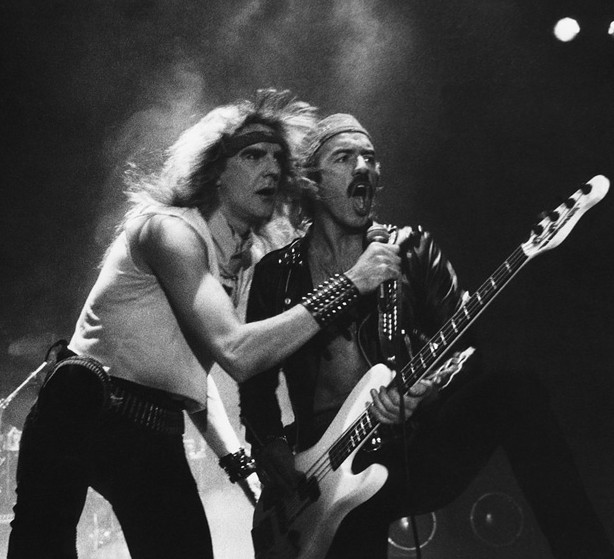
Interestingly, not only were the first iteration of these bands almost all on independent labels, many were actually self-financed as well, with groups like Iron Maiden’s Soundhouse Tapes being heavily bootlegged after initial pressings sold out. This scene also birthed a whole new specialty press devoted to NWOBHM in the U.K. with Kerrang!, originally a supplement to the weekly Sounds, is now considered the greatest and most respected heavy rock publication in history, and since the start of the new millennium, the U.K.’s best selling weekly music rag. Take that, New Musical Express.
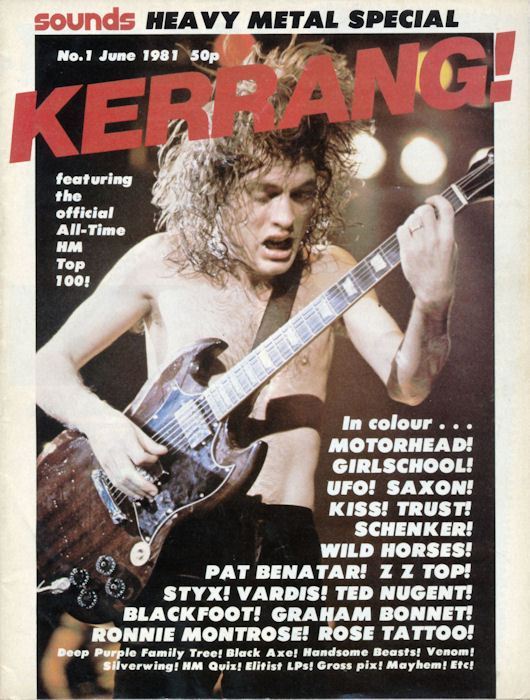
The movement would lose steam for a variety of factors, as all new music movements do after acts sign to major labels, leave home on long tours and receive increased media attention. Some, like Diamond Head and Def Leppard, radically altered their sound to appeal to broader audiences, to varying degrees of success.
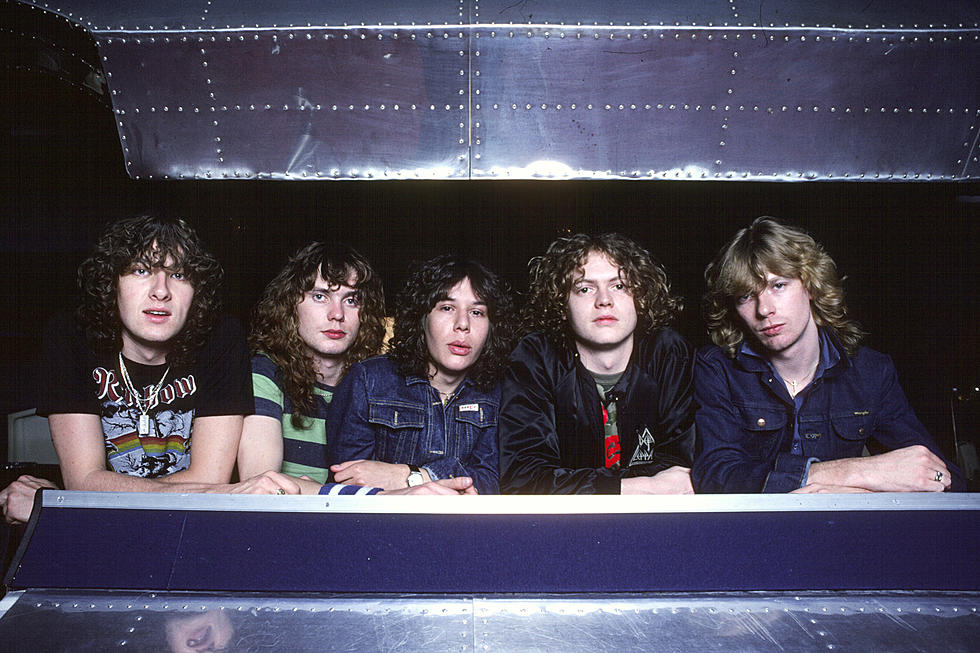
It was, for a time, glorious: loud, fast, special and ours. Unlike the Hair Metal movement in the U.S. that followed it, the lyrical concepts weren’t about sex and women, but often fantasy, evil, war, violence and just being in a loud rock band.
And of course, your parents hated it. In the words of my late mother, Mrs. Anna Brown: “I don’t understand why anyone has to spin those records backwards to make them do something crazy. Every time my son puts on that Iron Maiden I just wanna go out and kill somebody.”
First Part
- This Town Rocks, 1983, Saxon, The Power and The Glory
- Welcome to Hell, 1981, Venom, Welcome to Hell
- Sledgehammer, 1979, Sledgehammer, single A-side
- Gangland, 1981, Tygers of Pan Tang, Spellbound
- Blitzkrieg, 1981, Blitzkrieg, B-side to “Buried Alive” single
- Sanctuary, 1980, Iron Maiden, Iron Maiden
- Demolition Boys, 1980, Girlschool, Demolition
Second Part
- Bomber, 1979, Motorhead, Bomber
- Rock Brigade, 1980, Def Leppard, On Through The Night
- Satan’s Serenade, 1980, Quartz, Satan’s Serenade EP
- Stormchild, 1980, Trespass, Metal for Muthas, Vol. 2: Cut Loud
- Angel Witch, 1980, Angel Witch, Angel Witch
Finale
- Am I Evil?, 1979, Diamond Head, Lightning to the Nations (untitled indie debut album with white cover)
Love to you all.
Ben “Daddy Ben Bear” Brown Jr.
Host, Show Producer, Webmaster, Audio Engineer, Researcher, Video Promo Producer and Writer
“Copyright Disclaimer Under Section 107 of the Copyright Act 1976, allowance is made for ‘fair use’ for purposes such as criticism, comment, news reporting, teaching, scholarship, and research. Fair use is a use permitted by copyright statute that might otherwise be infringing. Non-profit, educational or personal use tips the balance in favor of fair use.”
